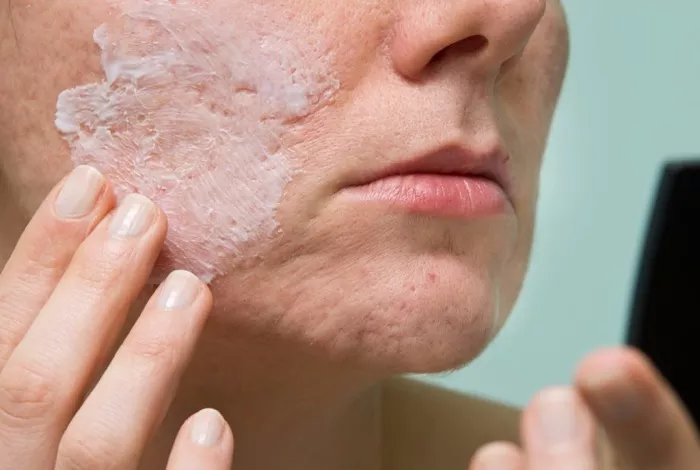Skin allergies are a common condition that can cause a range of symptoms, including itching, redness, and swelling. If you are experiencing symptoms of a skin allergy, your healthcare provider may recommend a variety of tests to help diagnose the underlying cause of your symptoms. In this article, we will explore some of the most common tests that are done for skin allergy.
Skin Prick Test
The skin prick test is one of the most common tests used to diagnose skin allergies. This test involves placing a small amount of allergen extract on the skin, usually on the forearm or back. The skin is then pricked with a small needle, allowing the allergen extract to enter the skin.
If you are allergic to the substance being tested, you will develop a small, itchy bump or hive at the site of the prick. The size of the bump or hive can help your healthcare provider determine the severity of your allergy.
The skin prick test is a quick and relatively painless way to test for skin allergies. It can be used to test for a variety of allergens, including pollen, dust mites, pet dander, and certain foods.
Patch Test
The patch test is another common test used to diagnose skin allergies. This test involves placing a small amount of allergen extract on a patch, which is then applied to the skin, usually on the back. The patch is left in place for 48 hours, during which time you should avoid getting the patch wet.
If you are allergic to the substance being tested, you will develop a rash or redness at the site of the patch. The severity of the rash or redness can help your healthcare provider determine the severity of your allergy.
The patch test is typically used to test for contact dermatitis, a type of skin allergy that is caused by contact with a specific substance. Common substances that can cause contact dermatitis include nickel, latex, and fragrances.
Blood Test
A blood test can also be used to diagnose skin allergies. This test measures the amount of allergen-specific antibodies in your blood. These antibodies are produced by your immune system in response to exposure to an allergen.
A high level of allergen-specific antibodies in your blood can indicate that you are allergic to the substance being tested. However, a blood test is not as accurate as a skin prick or patch test, and it may not be able to identify the specific allergen that is causing your symptoms.
Blood tests are typically used to test for food allergies, as well as certain types of drug allergies.
Intradermal Test
The intradermal test is similar to the skin prick test, but it involves injecting a small amount of allergen extract under the skin, usually on the forearm. This test is more sensitive than the skin prick test, but it is also more likely to cause a severe allergic reaction.
Because of the potential for a severe reaction, the intradermal test is typically only used if the skin prick or patch test is inconclusive.
The intradermal test is most commonly used to test for allergies to medications, such as penicillin. It can also be used to test for allergies to insect venom, such as bee stings.
Elimination Diet
In some cases, your healthcare provider may recommend an elimination diet to help diagnose a skin allergy. This involves removing certain foods from your diet for a period of time, and then gradually reintroducing them to see if your symptoms return.
An elimination diet can be helpful in identifying food allergies, which can sometimes cause skin symptoms. However, it is not a reliable test for non-food allergies.
Skin Biopsy
In rare cases, your healthcare provider may recommend a skin biopsy to help diagnose a skin allergy. This involves removing a small sample of skin tissue and examining it under a microscope.
A skin biopsy can be helpful in diagnosing certain types of skin allergies, such as eczema or psoriasis. However, it is not a common test for diagnosing skin allergies, and it is typically only used if other tests are inconclusive.
Conclusion
Skin allergies can cause a range of symptoms, and if you are experiencing these symptoms, your healthcare provider may recommend a variety of tests to help diagnose the underlying cause of your symptoms. The skin prick test, patch test, blood test, intradermal test, elimination diet, and skin biopsy are all common tests used to diagnose skin allergies.
The specific test or tests that are recommended for you will depend on the nature and severity of your symptoms, as well as your individual medical history. Your healthcare provider can help you understand the potential risks and benefits of each test, and can help you make an informed decision about which test or tests are best suited for your individual needs.
[inline_related_posts title=”You Might Be Interested In” title_align=”left” style=”list” number=”6″ align=”none” ids=”4083,4011,4043″ by=”categories” orderby=”rand” order=”DESC” hide_thumb=”no” thumb_right=”no” views=”no” date=”yes” grid_columns=”2″ post_type=”” tax=””]

































